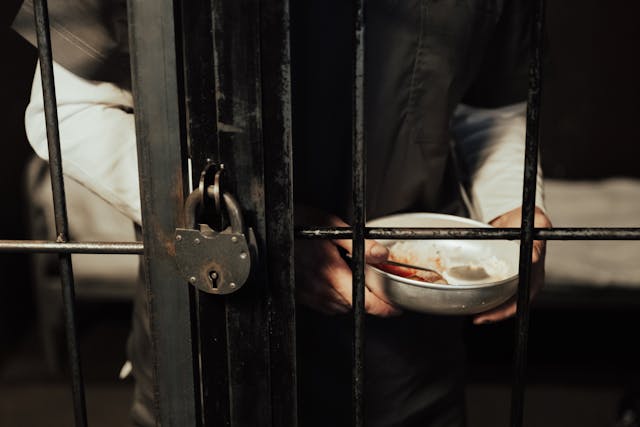
New Delhi, Oct 10 (IANS) The Supreme Court on Friday agreed to examine a public interest litigation (PIL) challenging the blanket ban on voting rights for approximately 4.5 lakh pre-trial, undertrial, and non-finally convicted prisoners across India.
Issuing notice, a Bench of Chief Justice of India (CJI) B.R. Gavai and Justice K. Vinod Chandran sought responses from the Centre and Election Commission of India (ECI) in the matter.
The plea, filed through advocate Prashant Bhushan, argued that the blanket disqualification under Section 62(5) of the Representation of the People (RPA) Act, 1951, violates constitutional guarantees and international commitments.
The PIL said that the constitutional right to vote flows from inclusion in the electoral roll, and under Article 326 read with the RPA, disqualifications can only be imposed on grounds of non-residence, unsoundness of mind, or crime, corrupt and illegal practices.
“Section 16(1)(c) of RPA 1950 disqualified from voting solely on these three grounds: (1) is not a citizen of India or (2) is of unsound mind and stands so declared by a competent court or (3) is for the time being disqualified from voting under the provisions of any law related to corrupt practices & other offences in connection with elections,” the plea added.
It argued that Section 62(5) of the RPA 1951, which was originally meant to apply to members of legislative bodies, “inadvertently imposes a blanket ban on all incarcerated individuals who are otherwise qualified electors”.
The PIL contended that applying this provision to voters “fails to meet essential legal standards, including constitutional consistency, non-arbitrariness, clarity, precision, completeness, and fairness” and “undermines public confidence in the rule of law.”
It also referred to the principle of presumption of innocence, pointing out that over 75 per cent of prisoners in India are pre-trial or undertrial detainees, many of whom remain incarcerated for decades.”
“In 80 to 90 per cent of cases, such individuals are ultimately acquitted, yet they are denied the fundamental democratic right to vote for decades,” the petition submitted.
“When a prisoner/convicted individual is permitted to contest elections… then how can ordinary citizens — who have not been declared or adjudicated as convicted — be denied the right to vote and to choose their own representative?” the PIL questioned.
Given the logistical capacity of the government, the plea argued that facilitating prisoner voting is both feasible and constitutionally imperative and proposed establishing polling stations in approximately 1,350 jails nationwide and using postal ballots for inter-state electors.
It noted that neither the Indian Penal Code (IPC) nor the Bharatiya Nyaya Sanhita (BNS) provides for taking away voting rights in the impugned manner. It pointed out that globally, no blanket ban exists on voting rights, and the same could be curtailed “pursuant to an individualised judicial determination, final conviction for specified offences and tenure of sentence, or where such disqualification forms part of a judicial sentence.”
Wherever blanket bans were imposed, the PIL stated, “blanket bans have often been struck down as unconstitutional by competent courts of those countries.” It highlighted that even in Pakistan, undertrial and pre-trial prisoners retain their voting rights.

